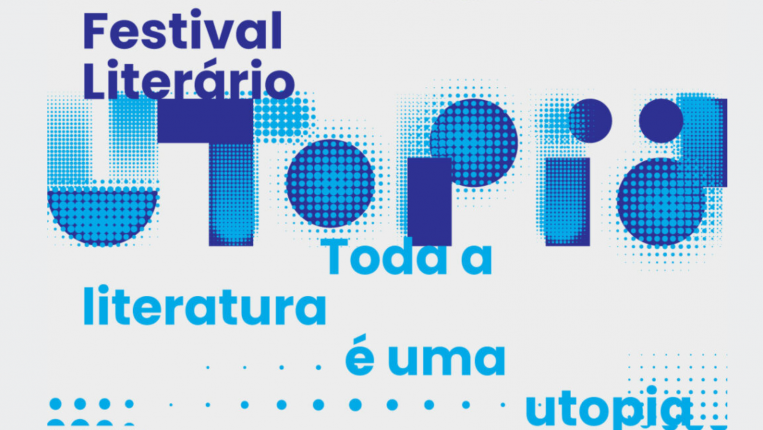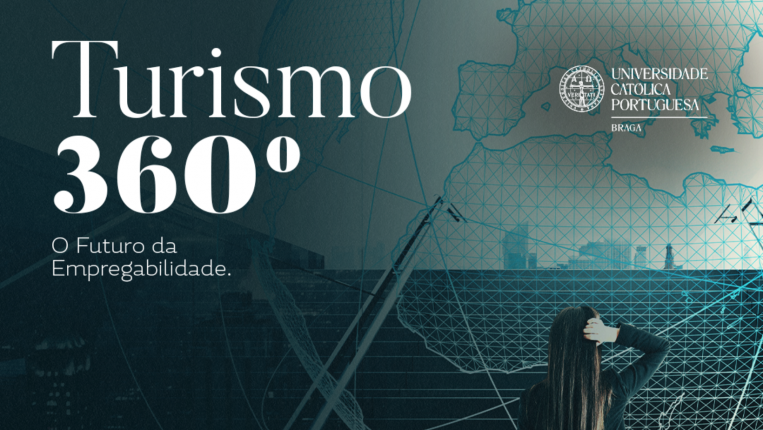The Catholic University of Portugal hosted the first Affective and Emotional Dimensions of Experience conference (AEDE) in Braga from July 3rd to the 5th.
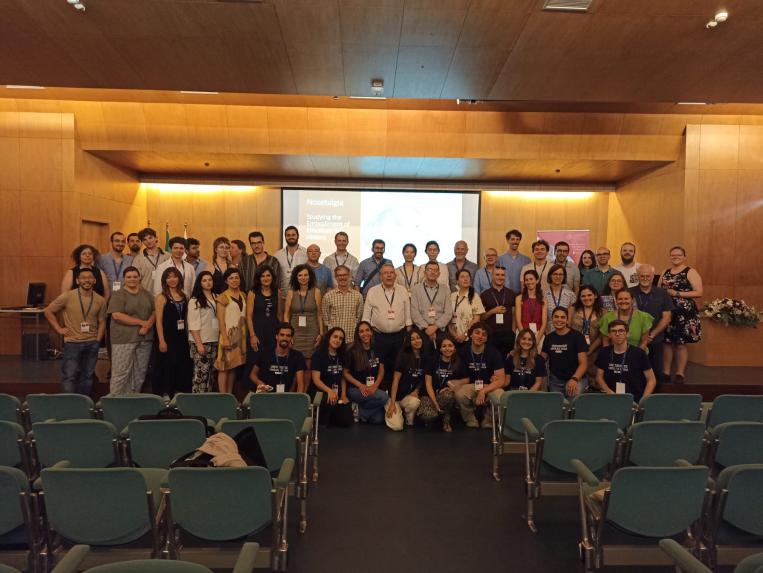
AEDE brought to Braga around 60 researchers from all over the world at the Faculty of Philosophy and Social Sciences (FFCS). Specialists from 22 different countries attended the event: Austria, Belgium, Canada, China, Croatia, Czech Republic, Finland, France, Germany, Greece, Ireland, Israel, Italy, Latvia, Netherlands, Norway, Romania, Saudi Arabia, Spain, Switzerland, Turkey and United States of America.
 |
 |
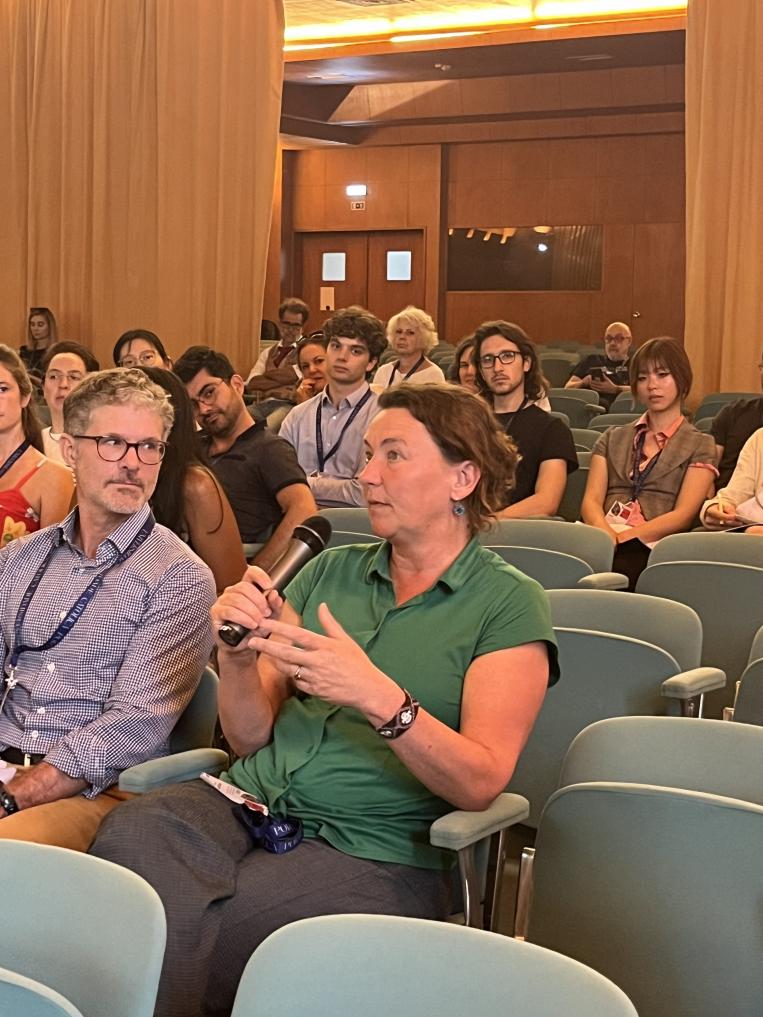 |
|
This AEDE first edition, brought to FFCS-UCP some of the most influential philosophers, linguists, and psychologists, working on affectivity and emotions, such as the philosophers Owen Flanagan, emeritus at Duke University (USA), Charlie Kurth (Western Michigan University, temporarily at Helsinki Collegium for Advanced Studies) and Roberta Dreon (Ca' Foscari University of Venice, Italy), the linguists Ad Foolen, emeritus at Radboud University Nijmegen (the Netherlands), Dylan Glynn (University of Paris 8, France), Cristina Soriano (University of Geneva, Switzerland), and the psychologist Batja Mesquita from the University of Leuven (Belgium). Finally, a historian completed the group of invited speakers: Inger Leemans (VU Amsterdam, Netherlands).
Emotions are a fundamental part of everyone’s life, but, surprisingly, they have been neglected for a long time in philosophy, or opposed to a hyper-rational view of human beings. This conference, instead, aimed at reconciling the study of affectivity with wider traditions in the study of what it means to be humans. The working assumption was that philosophy needed input from other disciplines to reach a fuller understanding of the field. Emotions are named through words, but they are labeled differently across languages and cultures. Emotions are certainly felt, but they also impact our thinking through the body. Hence the need for a dialogue with linguists and psychologists.
 |
 |
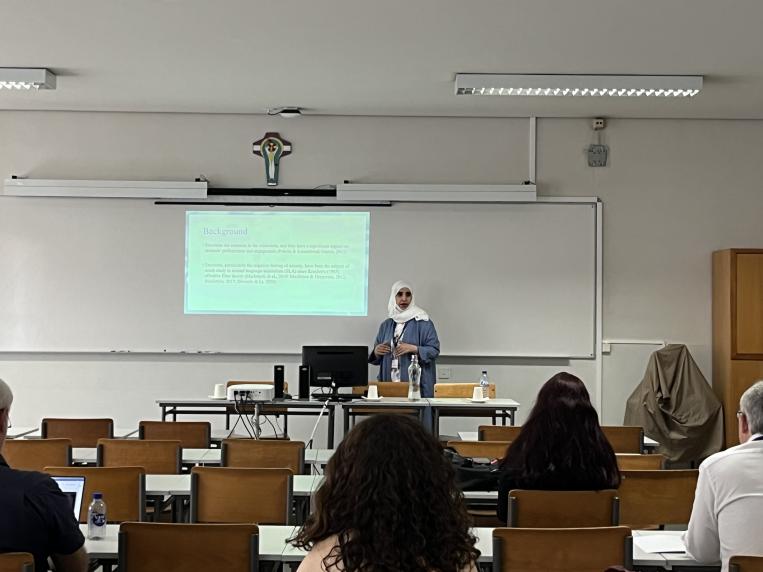 |
 |
The AEDE conference succeeded in bringing together scholars from three different disciplinary backgrounds (philosophy, linguistics, and psychology) and set the stage for meaningful connections between them. One way in which this result was achieved was not to divide the panels of parallel sessions by discipline, but rather by topic, thus differentiating the perspective of the talks on the same research questions.
For example, the panel on “Therapy and Psychiatry” combined a clinical study on the emotion of awe in psychedelic-assisted treatment; a proposal on how logic – the classic philosophical reasoning from premises to conclusions – can integrate traditional psychotherapy; and finally an attempt of systematizing emotions and affectivity within the embodied paradigm of enactive psychiatry.
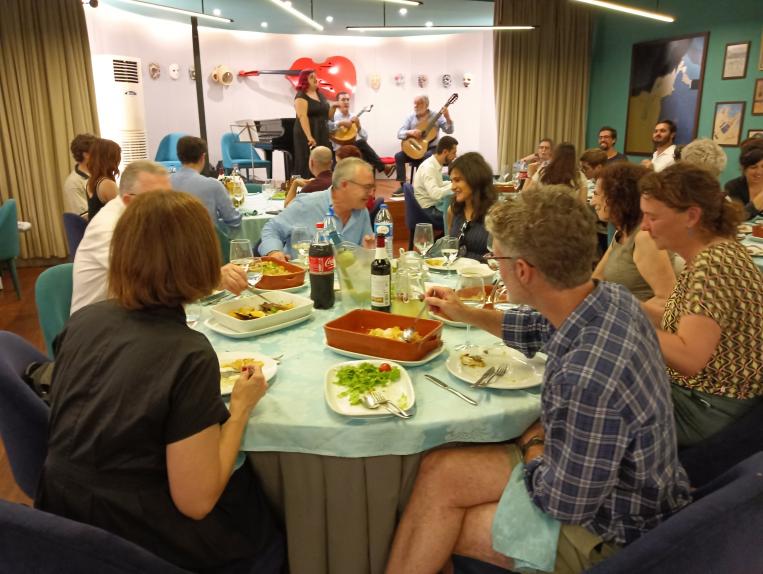 |
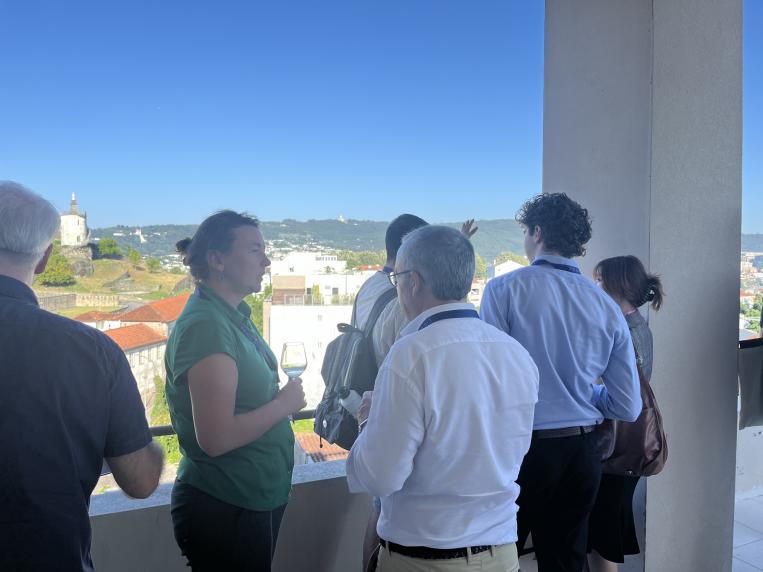 |

|

|
Another example of meaningful interdisciplinary connections was provided by the “Situated language” panel that saw three applied linguistic approaches to interaction come to face wider philosophical questions on the nature of language and emotions.
Different philosophical traditions offered their take on affectivity (phenomenology, existentialism, analytic philosophy and pragmatism). For instance, Roberta Dreon, a keynote speaker, claimed that the concept of sensibility is key to understanding how nature and culture are connected in our experience as social and feeling beings, stressing the importance of the opportunities for action that language provides. Two other invited speakers, Charlie Kurth and Owen Flanagan, respectively discussed how one is supposed to cultivate her emotions in order to achieve “emotional literacy” and whether “happiness” is, after all, the highest good of all and if it should be pursued as such.

The Organizing Committee of the conference included several members of the Center for Philosophical and Humanistic Studies (CEFH) of UCP-Braga, led by Filippo Batisti (a postdoc researcher in philosophy of mind at CEFH) and Tânia Oliveira (Member of the Organizing Committee and the CEFH Science Manager). Fundamental support was provided by researchers from different areas of the FFCS-UCP (among employees and students of the undergraduate courses in Psychology, Communication Sciences and Philosophy), demonstrating once again that multidisciplinary collaboration can be achieved even with the difficulties it raises.
@authourship: Filippo Batisti and Tânia Oliveira

